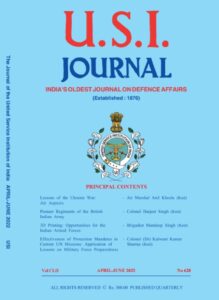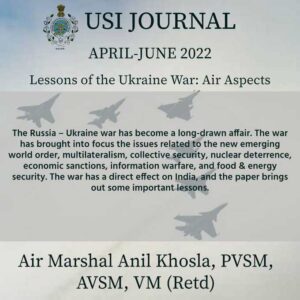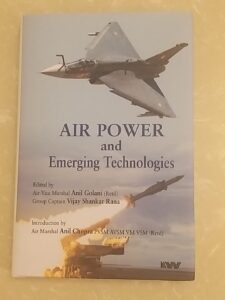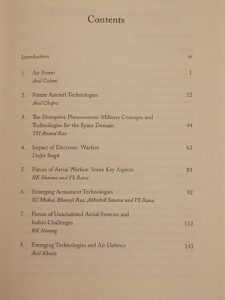

Being prepared for war is one of the most effective means of preserving peace.
– George Washington
Russia – Ukraine war has entered the fourth month, with no end in sight. This war has affected every aspect of warfare and international engagement. The war has brought into focus the issues related to the new emerging world order, multilateralism, collective security, nuclear deterrence, economic sanctions, information warfare, and food & energy security.
Russia has not used the full potential of its military power against Ukraine. Question intriguing the military analysts is why the airpower has not been utilised fully and freely. While Russia is being criticised by the West for its lack of capabilities, another school of thought is that Russia is following a delicate approach towards the use of force and ensuing destruction. While the world is eagerly waiting for the end of this conflict, a lot of lessons are emerging from the prevailing situation.
General Aspects of war
Objectives. Officially, Russia stated her objectives of the “special military operation” as “demilitarisation, denazification and assurance about the neutral status of Ukraine (i.e. not joining NATO)”. The operations were justified by Russia, citing help call from the Donbas region for its liberation from Ukraine. In retrospect, it appears the undeclared objective was also to consolidate the Russian hold on Crimea.



